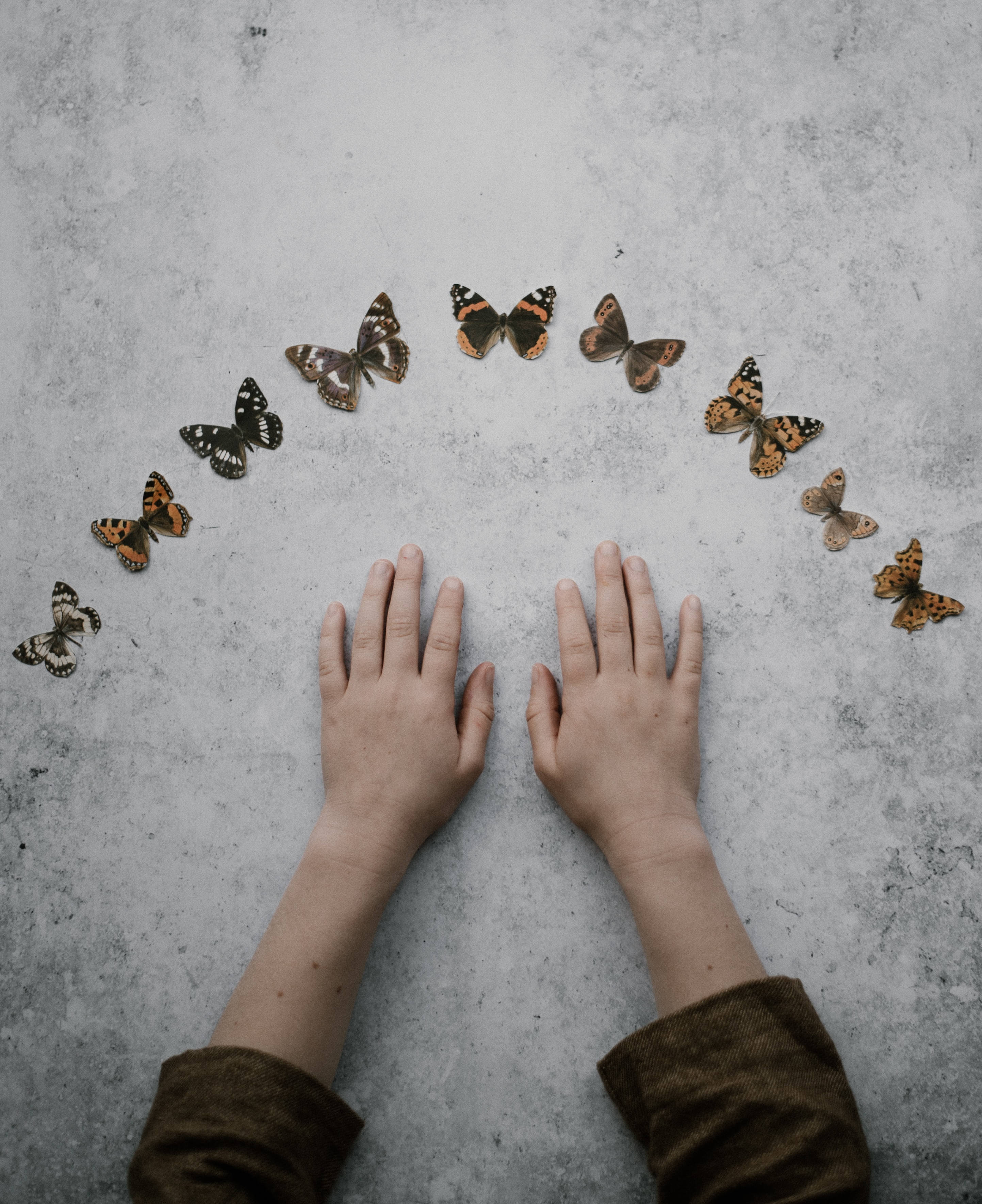
A Montessori Education
For more than a century, the educational philosophy of Maria Montessori has flourished as a holistic and child-centered approach to human development, teaching practice, and social progress.
Trained as a physician Dr. Montessori became committed to the education of young children and envisioned the school as a carefully designed, developmentally appropriate “home” for children. She named her school the Casa dei Bambini, or “Children’s House”.
The Montessori Method
The Montessori Method follows a “whole child” approach, fostering not only cognitive skills but also social and emotional growth.
<That is why our Montessori classes span three age levels, and children stay with the same teacher, encouraging a sense of community and allowing teachers to develop those relationships and a deep understanding of the child’s learning style.
Our Montessori teachers prepare the environment with aesthetically pleasing and developmentally appropriate multi-sensory materials to engage the children’s interest and guide them from concrete to abstract learning.
Long, uninterrupted work periods are provided during which the children choose from a wide range of activities. Students are able to learn at their own pace, both alone and in cooperative groups. The Montessori teacher is trained in careful observation so she is prepared to “follow the child” in his or her development.
To summarize, the method is a response to a universal plea among children: “I want to learn, but help me to do it myself.”
Through carefully orchestrated experiences guided by physical and mental order, children acquire the inner discipline necessary to persist at their chosen tasks, to interact with the world respectfully, and to participate confidently in an increasingly complex world.
